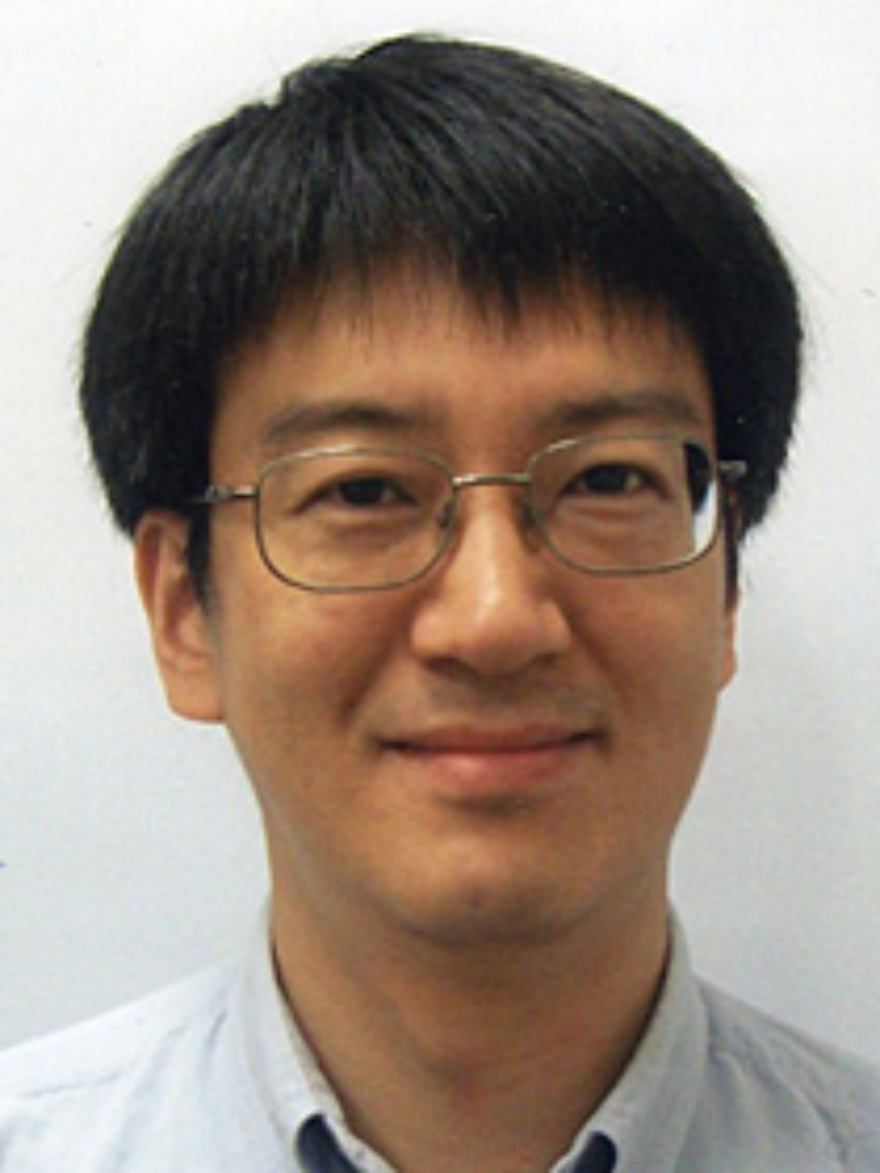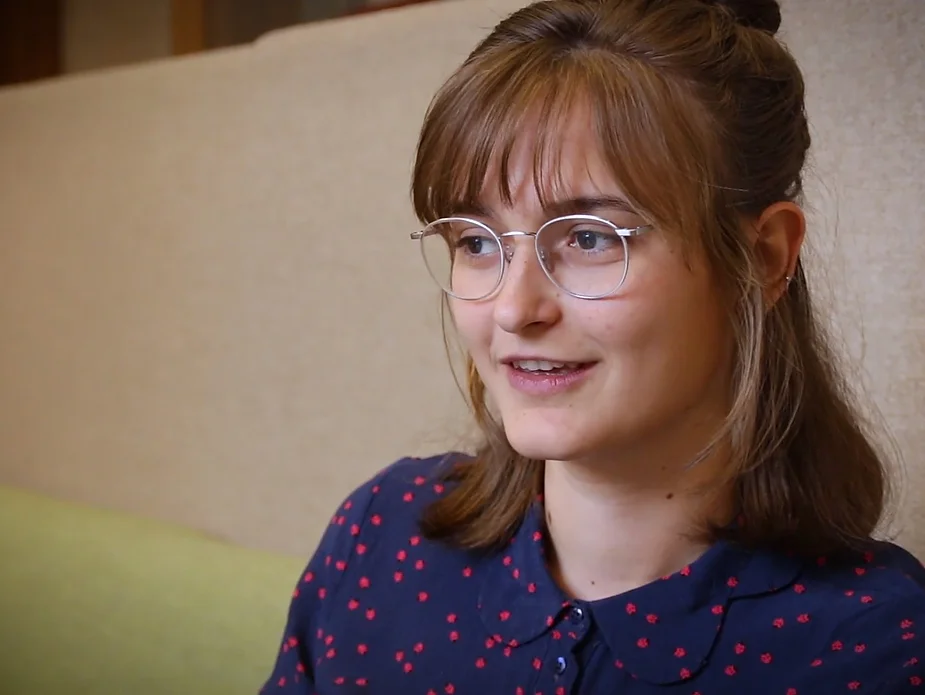Commission on the History of Chemistry
and Molecular Sciences


Before joining the Science History Institute, Brigitte Van Tiggelen held a variety of research, outreach and teaching postions in Belgium. Trained both in physics and history, she specialized in history of chemistry from her PhD on, a scholarly career she continued to pursue in parallel with her positions, with the support of research stays, travel grants, fellowships and teaching invitations in Cambridge, Aarhus, Paris X-Nanterre, Regensburg, Philadelphia, Trondheim, Nagoya, a.o. Her research interests include topics such as couples, women and gender in science, domestic science, scientific heritage, history of science for teachers, Belgian chemistry, and philosophy of chemistry. Recent publications include co-edited books Women in their Element. Selected contribution of women to the periodic System (with Annette Lykknes, in 2019), From Bench to Brand and Back: The Co-Shaping of Materials and Chemists in the Twentieth Century (with Pierre Teissier and Cyrus M. Mody, in 2017); Domesticity in the Making of Modern Science (with Donald L. Opitz and Staffan Bergwik, in 2016) and For Better Or for Worse?Collaborative Couples in the Sciences (with Annette Lykknes and Donald L. Opitz, in 2012). She has served as Chair of the Commission on the History of Chemistry and the Molecular Sciences since 2017.
bvantiggelen@sciencehistory.org

Kikuchi was awarded a PhD in History of Science, Technology and Medicine in 2006 from the Open University in Milton Keynes, United Kingdom, and held postdoctoral positions at the Chemical Heritage Foundation (today's Science History Institute), MIT, Harvard University, and the International Institute for Asian Studies in Leiden, the Netherlands, before taking up full-time professorships in Japan. He has published extensively on the history of Japanese chemistry in the 19th and 20th century and its global contexts, including a monograph Anglo-American Connections in Japanese Chemistry: The Lab as Contact Zone (Palgrave Macmillan, 2013). Kikuchi has served on the Programs Committee of the Forum for the History of Chemical Sciences, History of Science Society (2011-7), and the International Advisory Committee of the International Conference on the History of Chemistry (2022-Present) in addition to his long-term service to the Japanese Society for the History of Chemistry. His other research topics include the history of science in Victorian Britain, higher education, laboratory designs, sites of scientific practice, languages for scientific practice, and international and regional cooperation in science from the 19th up to the 21st century. He also worked on the history of the Institute for Molecular Science (IMS, Okazaki City, Aichi prefecture) between 2007 and 2016 and is interested in molecular science, physical chemistry, and chemical physics after the Second World War. Recent appointments to positions based in Aichi Prefecture have brought me to the local history and heritage of science and technology in the Tokai (Chubu) Region.
ykikuchi@for.aichi-pu.ac.jp

Ernst Homburg (1952) was professor of History of Science and Technology at Maastricht University from 2002 to 2018. He studied chemistry in Amsterdam (MSc) and received his PhD in history from the university in Nijmegen. Between 1989 and 2004 he co-editor of two book series on the History of Technology in the Netherlands (1800-1970). He was president of GeWiNa, het Genootschap voor de Geschiedenis van Geneeskunde, Wiskunde, Natuurwetenschap en Techniek (1995-1998), and chairman of the European Working Party on the History of Chemistry (2003-2009). His most recent (co-authored) books are Een kabinet vol kleur (2018), Hazardous Chemicals (2019), and Een eeuw chemische technologie in Nederland (2021). He received the HIST-Award of the American Chemical Society in 2014, the Morris Award of the Society for the History of Alchemy and Chemistry in 2021. At present he is chairman of the ‘Werkgroep Industrieel Erfgoed Limburg’; chairperson of the ‘Sociaal Historisch Centrum Limburg’; co-editor of Studies over de Sociaal-Economische Geschiedenis van Limburg; member of the Editorial Board of Analecta: Studia i Materiały z Dziejów Nauki; member of the Scientific Board of Substantia: An International Journal of the History of Chemistry; co--editor of Publications: Jaarboek van het Limburgs Geschied- en Oudheidkundig Genootschap, etc., etc.
e.homburg@maastrichtuniversity.nl

Sarah Hijmans is a historian and philosopher of chemistry interested in experimentation and reasoning practices in nineteenth-century European chemistry. She was awarded a PhD in History and Philosophy of Science and Technology in 2023 from Université Paris Cité, for which she wrote a dissertation on the identification of chemical elements in practice between 1770 and 1870. Sarah has recently been a short term fellow at the Science History Institute, a Freer Prize fellow at the Royal Institution of Great Britain and a visiting student at the department of History and Philosophy of Science of the University of Cambridge. Her work has been published in Ambix, the European Journal for Philosophy of Science and Foundations of Chemistry and she has served as the secretary for the CHCMS since July 2021.
secretary@chcms.org

Candida's work combines historical and ethnographic methods to analyze how contested claims have emerged, circulated, and have been challenged at conferences and laboratories in nanobiology. Based on historical sources, she examines connections between nanotoxicology and both classical toxicology in the late 20 th century and nanosciences more generally. She also follows the traces of a controversial nanoparticle that emerged in the 1990s and studies the controversy about this particle and its potential applications. Additionally, she conducts ethnographic observations at nanobio- laboratories and conferences to gain insights into how claims are being discussed and scrutinized at these sites, working closely together with a team of scientists who are trying to replicate experiments of influential articles in their field. Together with colleagues from the nanobio- community, Candida has co-organized a conference on replications and unresolved questions about nanoparticles inside mammalian cells, and she will be a short-term fellow at the Science History Institute in 2024. Her PhD is part of the European Research Council-funded Synergy project "NanoBubbles: how, when and why does science fail to correct itself?", a highly interdisciplinary consortium that investigates how and why over-statements and errors in nanobiology occur and are (not) corrected.
c.sanchezburmester@maastrichtuniversity.nl

Tristan Revells teaches digital methods in the humanities and develops instructors at the US coding bootcamp Tech Elevator. He was awarded a PhD from Columbia University in 2021 in East Asian Languages and Cultures and worked as a postdoctoral fellow at Tsinghua University from 2021-2022. His work focuses on using collaborative approaches between creative technologists and scholars of history, the medical humanities, and other traditionally text-based disciplines. A visual example of this approach using generative art may be found here while his dissertation on the origins of the Chinese alternative energy industry featured an accompanying AR/VR digital museum.
administrator@chcms.org
